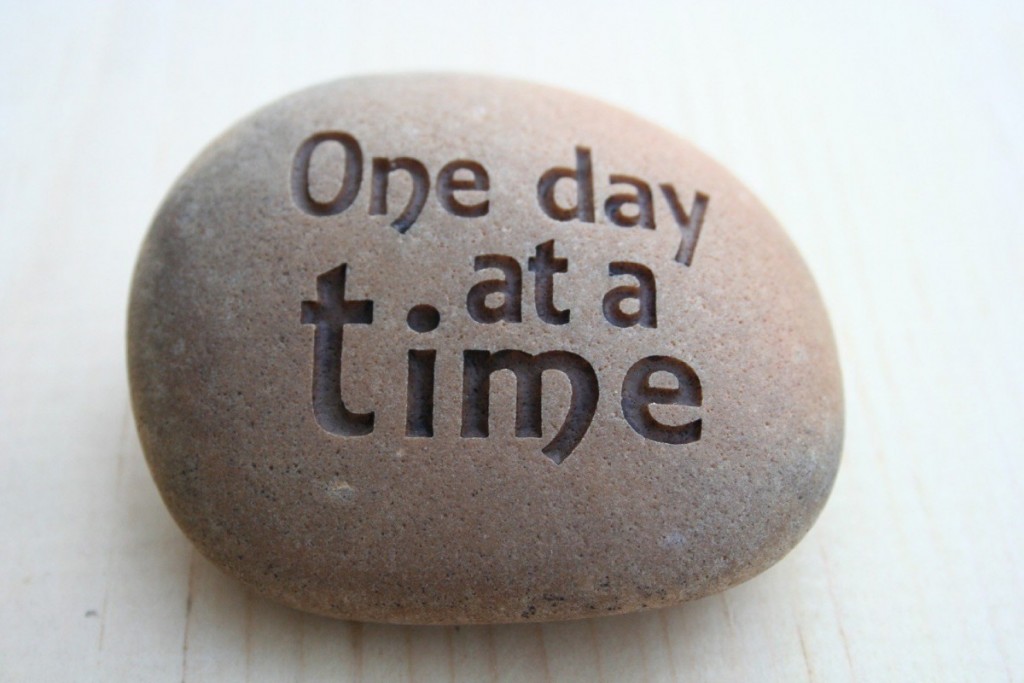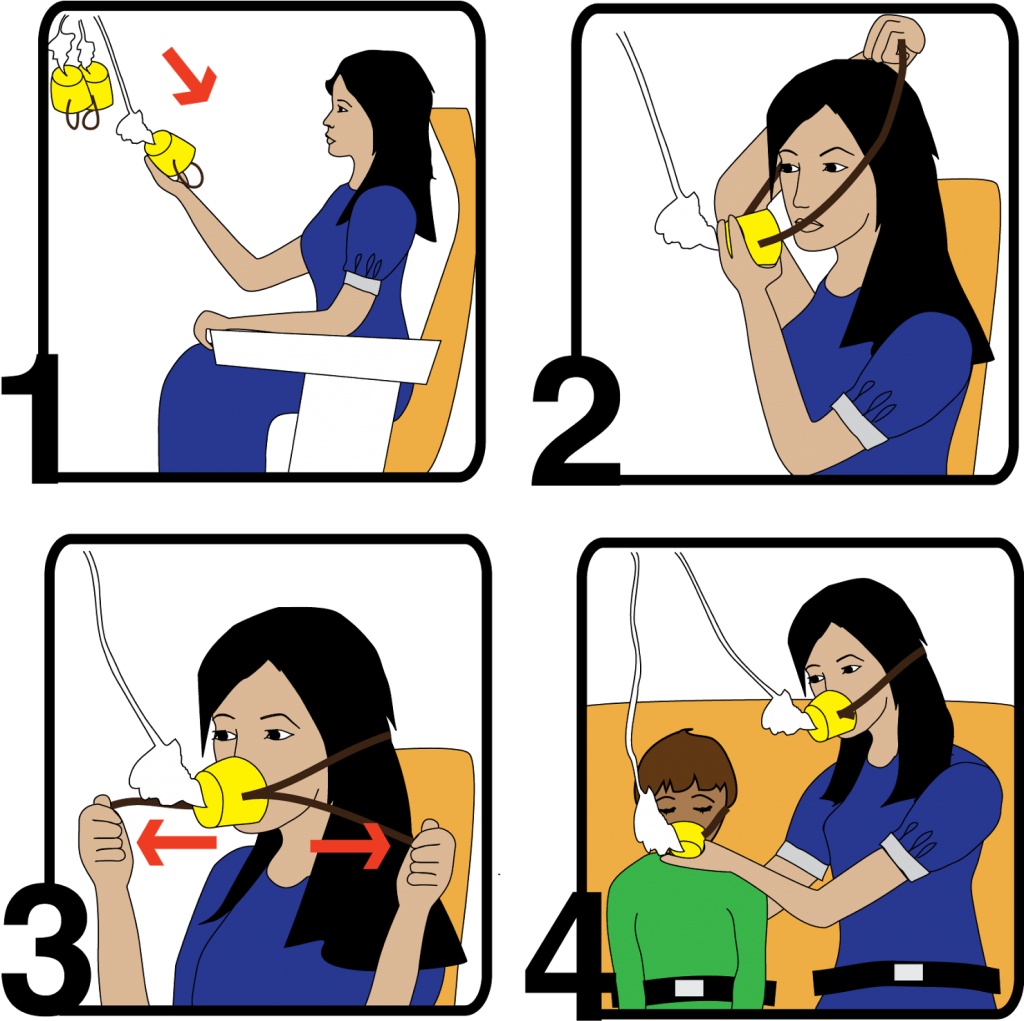
Navigating the mental health system in WA can be complex, frustrating and trauamtic as the system struggles to maintain a timely and adequate response to community and individual need.
Grace and her 21-year-old daughter, who lives with multiple mental illnesses, have first-hand experience of this as they continue to seek the right supports and treatment, as well as help at the most critical of times.
My daughter was a straight-A student, confident and outgoing until Year 12 when she started showing signs of her illness.
It was in year 12 when she came to me and said ‘Mum, I’ve been getting really anxious all the time and I’m not sure what’s wrong with me’. She had been staying up late at night trying to study but getting nothing done. That was when I recognised some signs and booked her in for counselling right away.
Not long after my daughter rang me from hospital to tell me that she had planned to end her life. That was in 2017. She has since been diagnosed with major depression, major anxiety, bipolar, Borderline Personality Disorder (BPD) and panic disorder, and has been in and out of hospital multiple times for suicidal attempts and ideation.
We try to manage her illness with the assistance of her GP, Support Coordinator, Support worker (MIFWA), her fortnightly OT and, her weekly Psychologist. She doesn’t currently have a Psychiatrist, and to this day we continue to battle the WA Mental Health system seeking support and ways for her to get the right treatment and help at the most crucial of times.
Realising ‘I am a Carer’
Initially, I didn’t recognise I was a carer.
I knew I needed support and information though, as well as someone to talk to who knew what I was going through – which is how I found MIFWA.
I signed up for their twelve-week Building a Future (BAF) program, a program designed to assist family, friends, and carers in maintaining their own wellness and supporting the recovery of their loved one. This initially surprised my daughter as I hated driving and it was in Rockingham.
Hearing from other people going through similar things and being supported by MIFWA’s Carer Services team who have lived experience made such a difference. I’m glad I took the plunge and joined the BAF as in doing so I came to realise I was a carer. I also learned to separate the illness from my daughter.
Acceptance
In 2017, I thought my daughter would go to the counsellor and be ‘fixed’. But that was before I started knowing and accepting. I realise now that I was living in fear and shame. I was also grieving.
Grief is also huge.
A lot of carers yearn for the person to be as they like to remember them. This also goes for their friends and extended family who may not understand what is going on, or who think the person isn’t ‘like they used to be’. Yes, they are ill, but they are still here, and they are still lovable and worth loving.
The importance of self-care

I used to get tired a lot because it is incredibly draining being a carer. That is where I always go back to the picture on my desk of the mum with the oxygen mask on the plane. The oxygen mask needs to be placed on yourself before putting it on your child. Likewise, you need to be healthy in yourself in order to care for them as they aren’t in a healthy place.
To look after my body, mind and soul, I like to do something every day, be it Pilates or a gym workout. I also go for big walks as often as I can. I find it really helps.
I started kayaking about seven years ago and it’s grown into my passion. I now kayak every weekend with a group of people.
Spiritually I have my prayer time. I am a Christian and my faith carries me. I also have some beautiful people I can pray with, especially during traumatising and overwhelming times.
Talk therapy is also important. I have a mentor, a counsellor and a Carer coach – because you need to let it out! Being part of a support group – that is just so vital too, as is having one-on-ones with a positive lived experience person because they understand you.
Listening to your body is also important. If you’re feeling tired, rest. Getting sufficient sleep is hard but it’s is important because if you don’t sleep, you’re going to end up in hospital with them. I rest by taking overnight retreats and mini getaways. I can’t go away for a long time, especially when my daughter is in hospital, but even a night away from the norm gives me a chance to recharge.
Finally, I recommend having a good cry. It’s like a pressure cooker or a Coke bottle. You need to let it out before it explodes.
The need for Carer Advocates
I understand there is no quick ‘fix’ for my daughter, however, I just want for her to get the right treatment and supports so she can learn how to manage her illness and so she can get the help she needs at critical times.
As a concerned mother, I am currently on Zoom every week learning how to care for my daughter better. I have also recently completed the Asist Suicide Prevention Training (ASIST) and Youth Mental Health First Aid training to do everything I can to keep my daughter alive.
Over the last few weeks, my daughter has been to four hospitals, and it has been traumatic dealing with the mental health system. We are managing, and she is healing, however, it is important to accept there is no quick fix and to take things one day, and even one moment at a time.
One of the other biggest things I believe would benefit carers is having someone based in hospitals to check in with you as you’re leaving, even if it’s just to ask if you are okay or to provide you with a brochure, a number to call or details of a support group to meet up with other carers. That’s how it started for me. In the early days as a carer or a family member, it can be very distressing. I’d have to really hold it in until I got to my car. Sometimes I couldn’t even drive because I’d be sitting there crying. At those times you just need someone who is honest, who understands and who can possibly advocate for you.
My Tips for Carers
- Firstly, know that you’re not alone. Did you know there are 2.65 million carers in Australia?
- Set small, realistic goals for yourself and encourage your loved one to do the same.
- Practice self-care. Do what works for you.
- Find something you like to do, and the same goes for your loved one (as they need it as much as you do). Write down the things that them a lift. For example, if they are into getting their nails done or dogs. As we couldn’t have a dog, we would often go to the dog beach.
- Have a safety plan so that you are prepared if ever in need.
- Do a regular risk assessment. I learnt how to do this in the ASIST course and it has helped me to identify if my daughter is showing signs, what I need to do, how to feel safe and how to identify if we need to go to the hospital.
- Learn to acknowledge when you’ve extended yourself too much, and step things back a bit, focusing on what you can do right now, and when you’re feeling stronger, what you can do then, and so on.
- Identify people you can call on in case of emergency.
- Recognise you can’t change everything.
And lastly, contact MIFWA – they have so much to offer including Youth Mental Health First Aid, ASIST and Wellways Building a Future. They have also had 30 years’ experience and know what they are talking about.
Our carer support is provided by people who have been in a caring role for a family member or friend with a mental illness. They understand the challenges from experience. Click here to learn more about the Carer Support Services we provide across Western Australia.
Share

